
Paper poppies bloom, as fragile as the lives they represent. Every year it is the same, I try to find some way of saying what is in my heart and the words will not come. I was not there, I have no right to speak of war and its atrocities. I have not seen it with my own eyes. I have never aimed a gun at another human being and been faced with the choice whether to kill or be killed. I have not tried to sleep in cold mud made from the earth of a foreign land mingled with the blood of my comrades. I have not lost my child to war.
I have no right to speak, but nor have I the right to remain silent when the price of my freedom to speak was so high. I have a duty to my own conscience and to all whose lives were given in service to their country or lost to the horror of some political expediency written in blood.
There are many tales of heroism and valour in the field, tales that highlight the beauty and nobility the human spirit can attain. But war is never beautiful, nor is it the glorious myth we have historically created when we need recruits. War is born from the desire for power. Whether a formal declaration of war is made by the aggressor or the defenders, whether the war is fought for necessary or political resources, to uphold an ideal, for the betterment or protection of a way of life or for its imposition, the cause of every war is an idea…and ideas are born first in a single mind. For this single idea, or because we feel we must defend ourselves against it, we are prepared to sacrifice an entire generation, yet we will read about tribes who sacrificed a single human life for the good of the community and call them barbaric.
Today, with our so-called smart weapons, we can obliterate a whole city remotely, not just one person, not even one generation, with the touch of a button. Gruesome death is a constant on our TV and cinema screens, we even play games with it. The gift of life is cheapened and our reverence for human life seems a thing of the past. Yet that life is our own… and ironically, our fear of death seems to be greater now than ever before.
This year sees the centenary of the Battle of Passchendaele. There is no accepted figure for the number of lives lost in that one, appalling battle, though it is certain that over half a million men were killed, maimed or wounded. That we do not even know how many is perhaps commentary enough.
Harry Patch, who was the last surviving, fighting soldier from WWI, fought in that battle. He died in 2009 at the age of 111, and was given a military funeral at which he requested not even ceremonial guns be present. He had spent eighty years trying to forget the horrors of war, but when he reached a hundred years old and was brought to the eyes of the media, he was once again asked to remember…and for the last years of his life, he spoke of little else.
Harry believed that war was wrong and that a war that would eventually be settled around a table should be fought there and not cost millions of lives in something he saw as “nothing better than legalised mass murder”.
Harry was wounded at Passchendaele by a shell that killed three of his friends. A short while before his death he was asked what it felt like to be the last man alive to have fought in the trenches.
“I don’t like it,” he said. “I sit there and think. And some nights I dream – of that first battle. I can’t forget it.
Continue reading at The Silent Eye


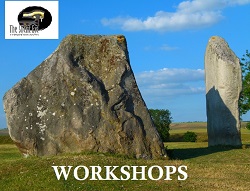

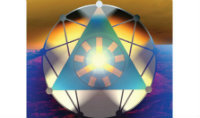

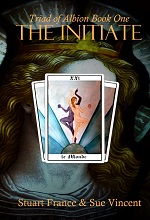


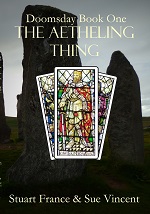
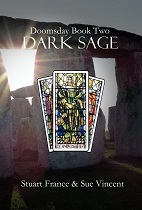








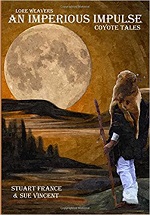


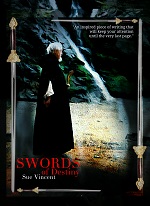

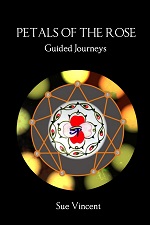






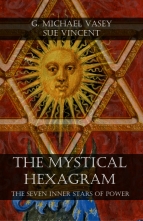

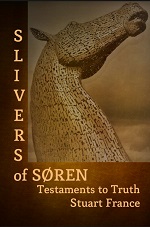


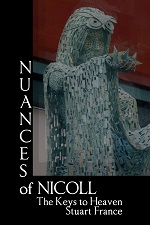


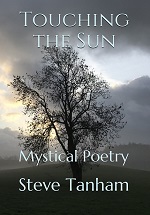

Reblogged this on The Militant Negro™.
LikeLike
Thank you for sharing this.
LikeLiked by 1 person
It is my pleasure Ms. Sue. Hope you enjoyed your weekend.
LikeLike
I work as a receptionist in a Government office in Cambridge and was shocked when a young man asked me why we were observing a two minute silence. How could he not know what the silence was for? Beautifully thought out post Sue, remembrance day is so important to remember the sacrifice and ensure that such terrible events do not happen again and on an even greater and more devastating scale.
LikeLiked by 1 person
That’s terrible, Marje… but sadly I am not surprised. And sadly, while the majority of folk simply want to live in a peaceful world with their neighbours, I fear that there will always be some with both the power and desire to send us into war.
LikeLiked by 1 person
Reblogged this on anita dawes and jaye marie.
LikeLike
Thank you for reblogging this, Jaye x
LikeLiked by 1 person
There are no words, Sue. Not really, just countless prayers that it never happens again…
LikeLike
Trouble is, jenanita01, it’s already happening again. It’s been happening again with horrifying regularity ever since the so-called Great War. How many millions of men, women and children were slaughtered in Vietnam? For what? How many people did we Brits bomb to hell in Iraq, Libya a few years back? For what? How many women and children are we, even now, killing by the use of drones, in the middle east? And how many billions of pounds worth of arms have we Brits sold, in the last couple of years, to Saudi Arabia? What for, except to kill and maim mostly innocent civilians? It’s not enough to ‘remember’. Remembering is, at best, a starting point. Trouble is, our spineless governments – whatever fine words they come out with – never have the courage or commitment to go beyond the starting point.
LikeLiked by 2 people
I hate all the violence and killing that happens every day, but I think I could shoot all the people that make it happen…
LikeLike
Reblogged this on Die Erste Eslarner Zeitung – Aus und über Eslarn, sowie die bayerisch-tschechische Region!.
LikeLike
Thank you for sharing this, Michael.
LikeLike
If only it were true, that they really did ‘give their lives for our freedom’. They were massacred in their hundreds of thousands and at the end of it, when the bloody machine ground to a halt, the downward spiral into the atrocity of the second world war began. These commemorations make me weep every single year.
LikeLike
I know, Jane… the “war to end all war…” barely had time to take a breath before starting again and those who had survived hell themselves watched their own children follow in their footsteps. And still it goes on…
LikeLike
It’s curious, everyone seems to agree that the Great War was an absolutely pointless one, yet we remember the dead as if they were like the Spartans at Thermopylae. We’ve turned ordinary men who didn’t want to die into heroes who ‘gave their lives’ for some obscure ‘freedom’ that nobody has been able to define. They were heroes because they suffered, and there were thousands of individual acts of heroism, but the cult of the martyr seems to me to excuse all the war criminals who ought to have been held to account for the massacre.
LikeLiked by 1 person
Beautifully written, Sue. With great perception, heart and understanding. If only Remembrance Day went beyond ‘remembering’.
LikeLike
I agree, Jeff… remembering alone in not enough. It needs to mean something more than a few minutes’ silence and respect…
LikeLike
A beautifully written post.
LikeLike
Thanks, Lynette.
LikeLike
No words can describe the atrocities of war and the inhumane acts that are forced on the soldiers. It is just wrong on every level. Thank you for this post, Sue.
LikeLike
No just the soldiers either, Jan…so many others suffer…
LikeLike
He was absolutely right. Not that anyone who makes wars is listening.
LikeLike
That is perhaps the saddest part… the ‘small’ man speaks sense and the ‘great’ still use them as cannon fodder…
LikeLike
Disheartening and profound Sue. A lovely commemoration to the many who served. Sad, that mankind doesn’t learn from first mistakes. 😦 ❤
LikeLike
No, we do not seem to learn, no matter how often we se the results of our errors… ❤
LikeLiked by 1 person
I think the whole world is finally starting to open their eyes. Let us believe there is hope. ❤
LikeLike
There will always be hope ❤
LikeLiked by 1 person
There must be! ❤
LikeLike
❤
LikeLiked by 1 person
Sue, this beautifully written post serves not only to commemorate those who served but as a reminder of the horrors of war that we send our young men and women into for what reason – to serve the governments of nations, economic reasons, power? I’d like to think they were humanitarian but my heart knows that is just a cover governments use for their own means. Our family has a long history of military service. I’d like to believe that the reasons our government enlisted them were indeed humanitarian, but I think they were often more political.
LikeLike
My family also, Michelle, and having heard so many of their stories myself, including all that was never told except with their eyes, I too would like to think so… but doubt it, very much. I just wish we could find a different, less costly way to resolve our differences and share resources, but when so many economies rely on armaments, I can’t see it happening any time soon.
LikeLiked by 1 person
I agree, Sue.
LikeLike